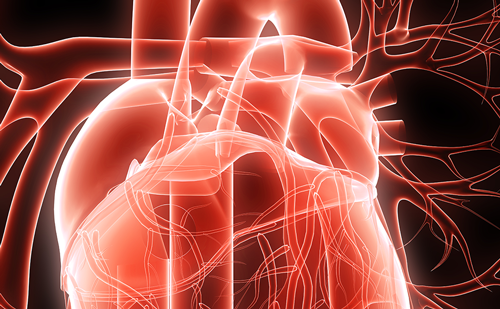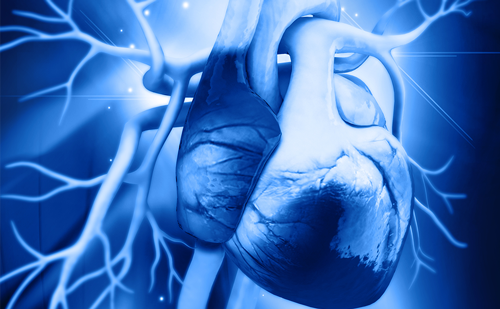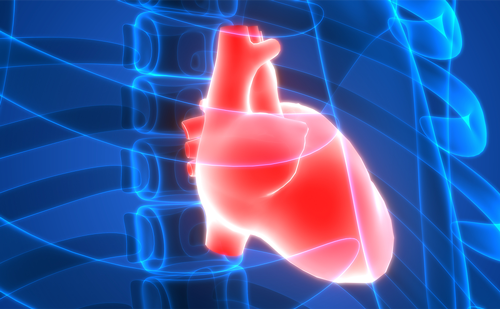Background: Patients with implantable cardioverter defibrillator (ICDs) are known to experience psychosocial difficulties such as anxiety and depression. The British Heart Rhythm Society encourages the use of patient support groups for patients with ICDs; however, it is not clear what patients need from a support group or what format they should take to meet these needs. A local support group was delivered in the community and then over Zoom during the COVID-19 lockdowns.
Aim: The goal of this study was to understand common themes and shared meanings of attending a support group for patients with ICDs.
Methods: Twelve ICD recipients were interviewed between December 2020 and November 2021 using a semi-structured interview guide that was based on insights from a literature review. Reflexive thematic analysis methods were utilised to code the transcripts before generating themes. The interview guide and analyses were co-produced with a patient and public involvement advisory group.
Results: Six participants had primary prevention indications for ICD implant, whilst the remaining six received secondary prevention. Three participants had experienced shocks from their ICD. Ten participants had attended the local support group. Analysis of the data elicited four themes: confronting mortality, coping through sharing, coping through learning, and providing space. Participants expressed experiences consistent with the five stages of grief described by Kübler-Ross in her work with terminally ill patients. Making connections with other ICD patients, access to information and reassurance, and advice from healthcare professionals were important perceived benefits of the support group. Although Zoom was perceived as convenient, participants found it easier to share their personal stories when meeting in person. When interpreted through the theoretical lens of a task-based model for adapting to chronic illness, support groups provide patients with the opportunity to learn and utilise the coping skills required to complete these tasks.
Conclusion/implications for practice: Patients with ICDs are required to confront their own mortality and adapt to considerable life changes after implant. Support groups should provide a space for interpersonal communication and sharing of experiences, as well as offering healthcare professional-provided education and advice to maximise the benefit of these resources to patients and to encourage their continued adaptation to life with an ICD.







